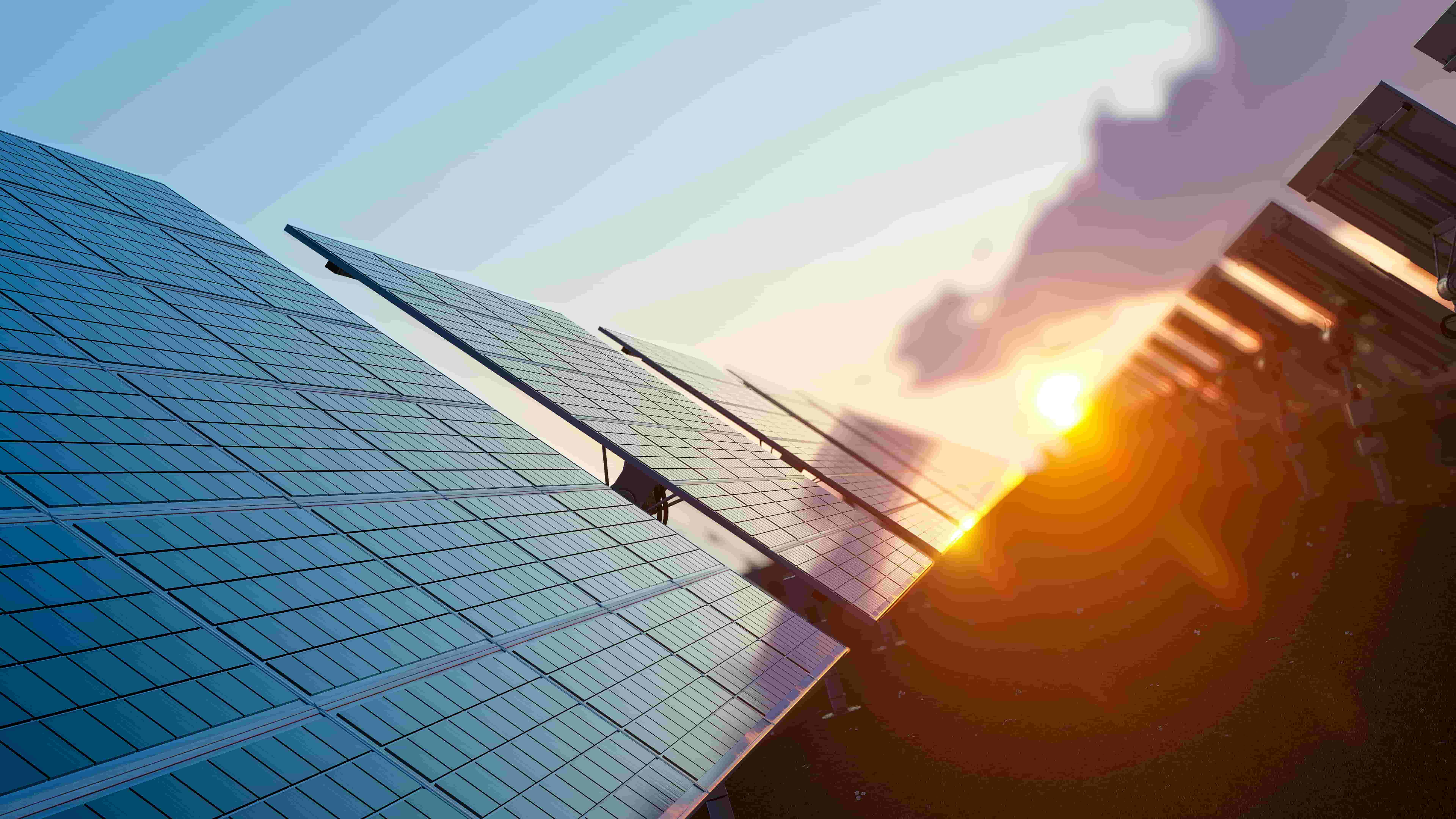
No sense of irony is lost when the discussion turns to hazardous solar panel waste. Long cited as a clean energy source and an environmentally friendly alternative to fossil fuel, it turns out that there’s a catch. Certain types of solar panels are manufactured with hazardous waste materials—toxic heavy metals—and, at the end of their service life, must be managed following RCRA (Resource Conservation and Recovery Act) regulations that cover solid waste disposal.
Solar panels generate electricity safely without releasing any pollutants or other emissions into the air. However, like any device, they will eventually wear out. A solar panel’s expected service life is approximately 30 years, give or take. When that happens, the panels must be properly recycled or disposed of due to some of the associated material waste used in manufacturing them.
Types of Solar Panel Material
It’s related to the interconnected photovoltaic cells that the solar panel modules are composed of. The small, thin semiconductor devices made from silicon and other materials convert the sun’s radiant energy to electricity. There are several types of solar panel models manufactured for consumers, and it is important to note that not all are hazardous. The four main types of panels are manufactured with monocrystalline silicon, polycrystalline silicon, cadmium telluride (CdTe), and the newer thin-film types such as copper indium gallium selenide (CIS/CIGS). Any solar panel brands manufactured with the latter two materials are considered hazardous, as are panels with gallium arsenide (GaAs), an arsenic material, and older silicon-based solar panels coated with hexavalent chromium.
In short, some materials used in manufacturing PV panels consist of small amounts of toxic heavy metals—lead, selenium, chromium, cadmium, and arsenic—all of which are potentially leachable. As a solid waste, in the big picture, disposing of one or two panels at a time in the local landfill may pose little, if any, risk to the environment. The problem, however, is in the sheer volume of panels soon to be discarded. With the end of the service life of the solar panels installed in the 1980s and 1990s, projections are that by 2030, the US alone will generate more than one million total tons of solar panel waste. These numbers pose a significant environmental risk by leaching heavy metals into the water table if disposed of in landfills. That amount is expected to grow to an estimated 10 million total tons of panels by 2050.
Solar Panel Disposal
Once a solar panel is ready for disposal, it is classified as solid waste. It is regulated by both the RCRA on a federal level and through state and local government programs. Any solid wastes that contain hazardous materials like cadmium, lead, arsenic, and other heavy metals are subject to a TCLP test—a toxicity characteristic leaching procedure—to determine its potential hazard. Solar panels that fail the TCLP test are considered hazardous and must be disposed of as defined by the law.
If your company or business manufactures, installs, or derives its energy from solar panels containing hazardous materials, then it’s possible those panels must be disposed of as hazardous waste. If the panels do not contain hazardous material, proper disposal may be subject to municipal waste guidelines or recycling. Having a management plan in place is essential and knowing the requirements that affect your company. As the solar panel waste stream grows exponentially, expect regulations to change and evolve with new legislation and updates on managing and disposing of solar panel waste properly.
Solar Panel Waste Management With MLI Environmental
Keeping pace with changes in regulations can be time-consuming and costly for businesses to manage on an individual basis. That’s where MLI Environmental can help. We provide cost-effective hazardous waste management services to companies large and small. MLI takes a personalized approach to your company’s specific needs and offers safe and responsible solutions.
If your company faces challenges presented by solar panel waste, consider partnering with a hazardous waste management company that can help you safely manage and discard solar panel waste. Contact MLI Environmental today to learn how our trained professionals can help.
